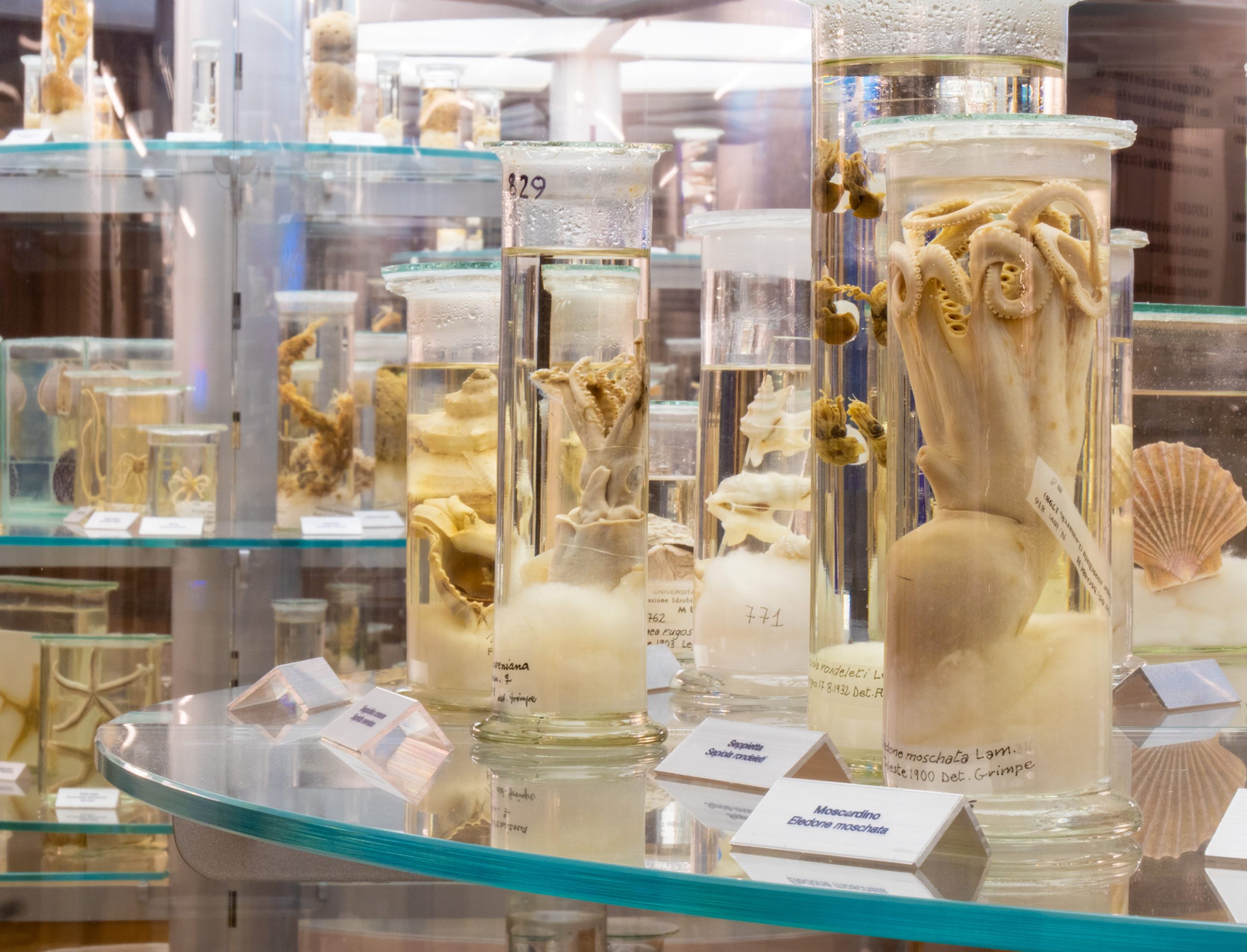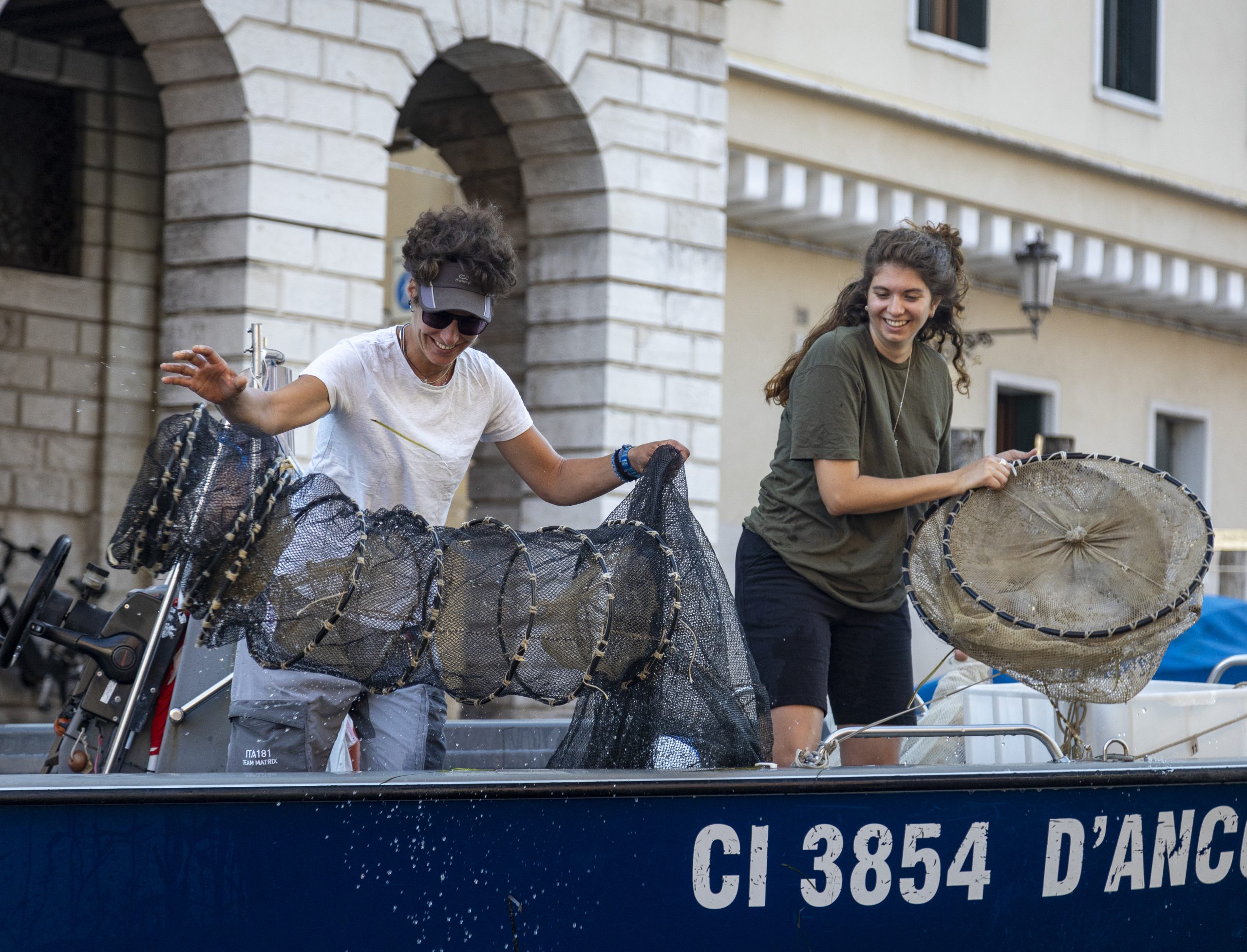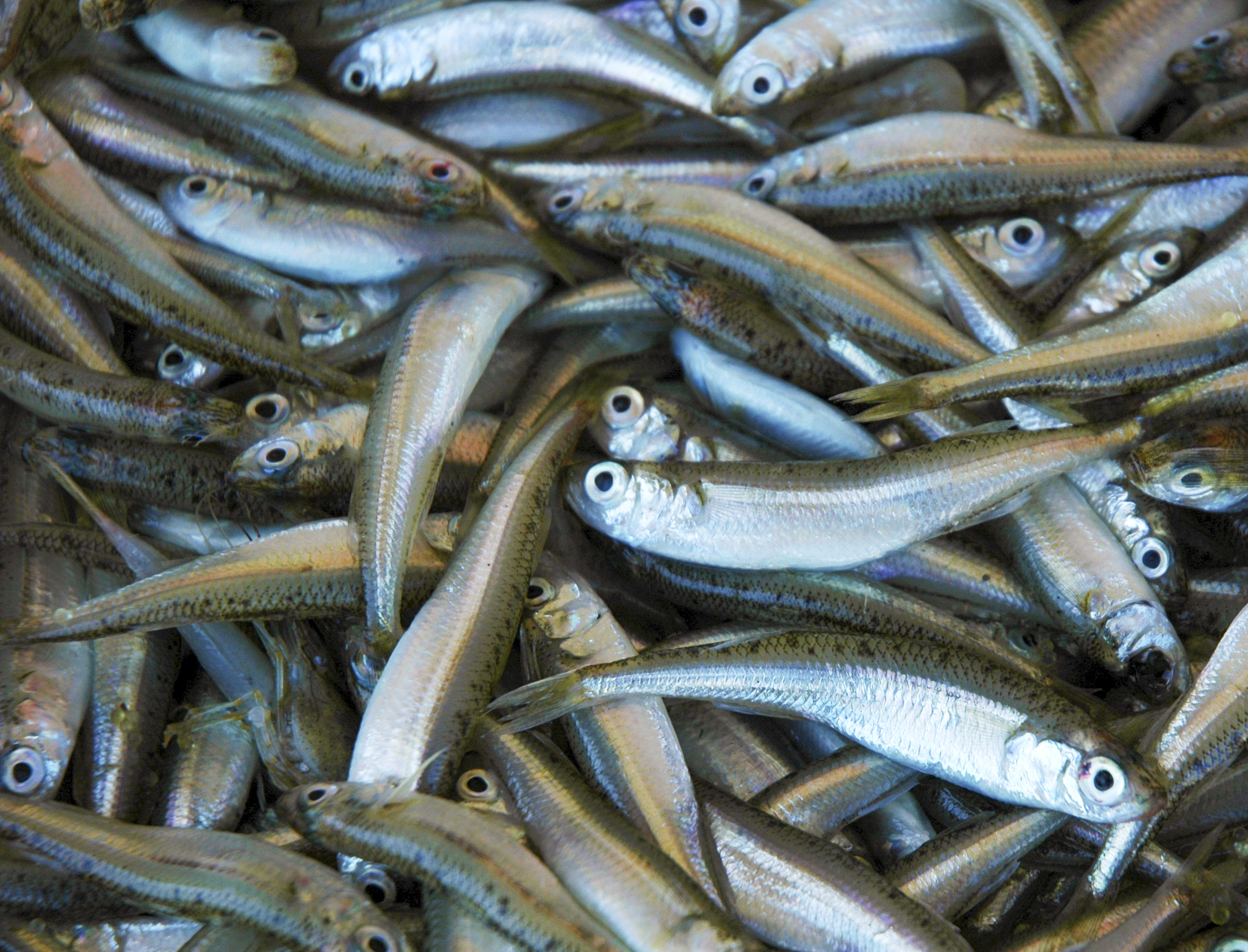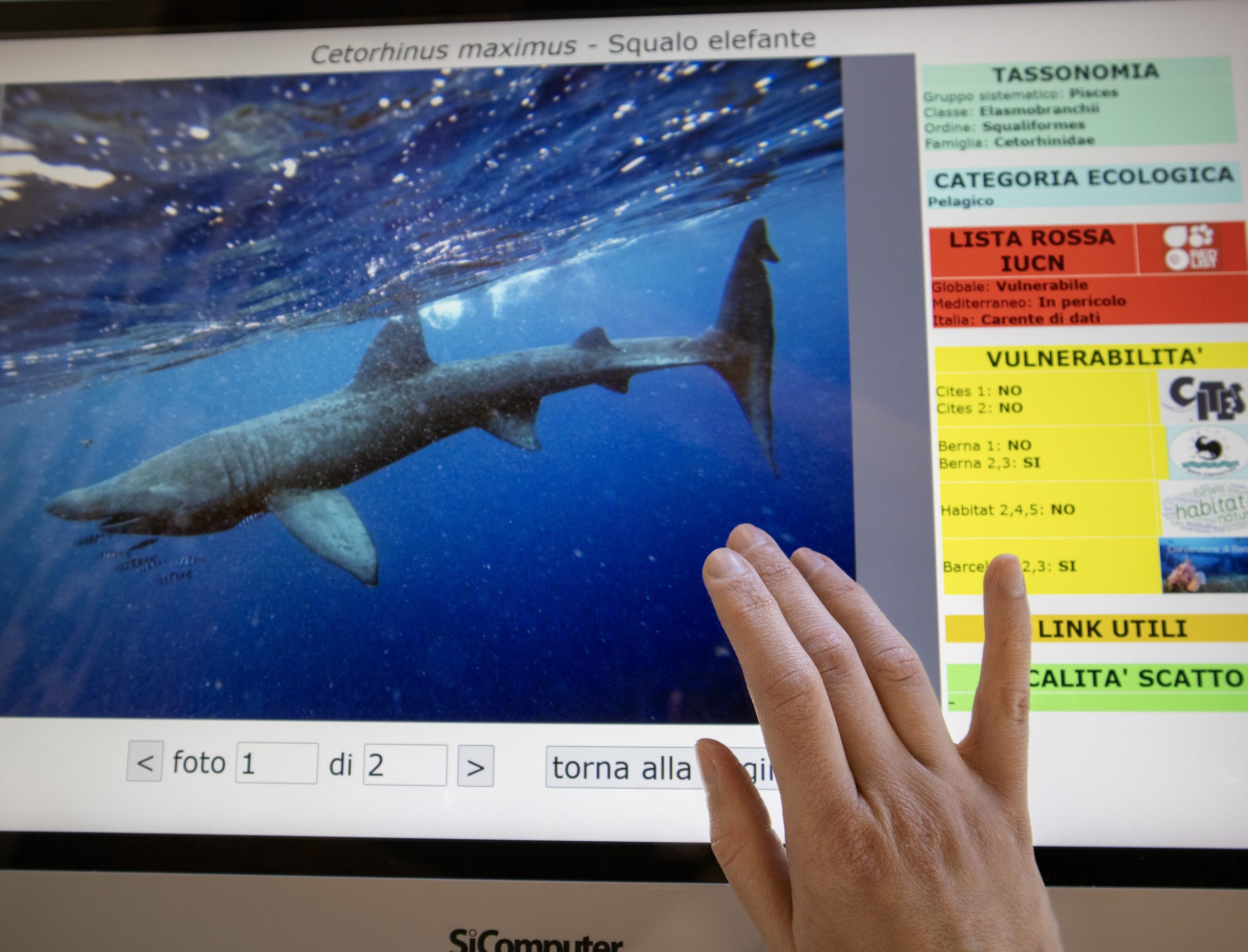The research activities of the University of Padua in the Venice Lagoon and the Adriatic Sea have as their general objectives the study of lagoon and marine biodiversity, environmental protection and improvement of the productive potential of the area. The spectrum of ongoing studies is quite broad, ranging from basic research on ecosystem functioning and species biology to development of environmental restoration measures and experimentation aimed at fish production. The expertise developed in this research makes it possible to make available to the socioeconomic realities of the area a range of services of considerable importance for the responsible management of marine resources and the evaluation and enhancement of the quality of fish products.
LAGOON AND MARINE ENVIRONMENTS
This line of research is focused on the study of the dynamics of lagoon and marine environments to understand the functioning of these ecosystems also in relation to ongoing global changes and anthropogenic pressures. Research is carried out at different levels, including not only biodiversity estimation, but also the study of interactions among organisms and experimentation for the restoration of natural environments.
MARINE ORGANISMS
This line of research focuses on the study of biological characteristics of both animal and plant marine organisms, such as life cycle, reproductive characteristics, distribution, and spatial use. In addition to native species, research also includes alien species.
THE FISHING
In collaboration with fishery operators and the Chioggia fish market, this line of research is concerned with analyzing fishery data and integrating them with data from species biology to identify management priorities and provide useful information for structuring targeted and effective management strategies.
AQUACULTURE
In farming, fish are subjected to numerous factors/procedures that adversely affect their well-being. Studying the stress response brought about by controlled exposure to these factors and evaluating growth performance under prolonged exposure to stress in species of commercial interest such as sea bass and sea bream allows not only to deepen knowledge about different species but also to optimize rearing protocols. Assessment of welfare at different developmental stages (larval, juvenile, adult) is done by monitoring physiological and morphological parameters.
THE BEHAVIOR
For more than 40 years, the reproductive behavior of fishes has been one of the themes that have characterized the research of the Umberto D’Ancona Hydrobiological Station. In particular, attention has been focused from time to time on hermaphroditism, courtship, territoriality, competition among males, and care for eggs. Among the species studied were the gilthead bream, several gobies and blennies, the nono and the dairy fish.
ECOTOXICOLOGY
The effects of exposure to pollutants in the environment are investigated in different species of marine invertebrates through studies in the laboratory and in the wild. At different times in the life cycle, from gametes to adults, cellular, biochemical, and physiological responses are evaluated, with the goal of highlighting potential risks to the growth, reproduction, and maintenance of populations of the species studied.







